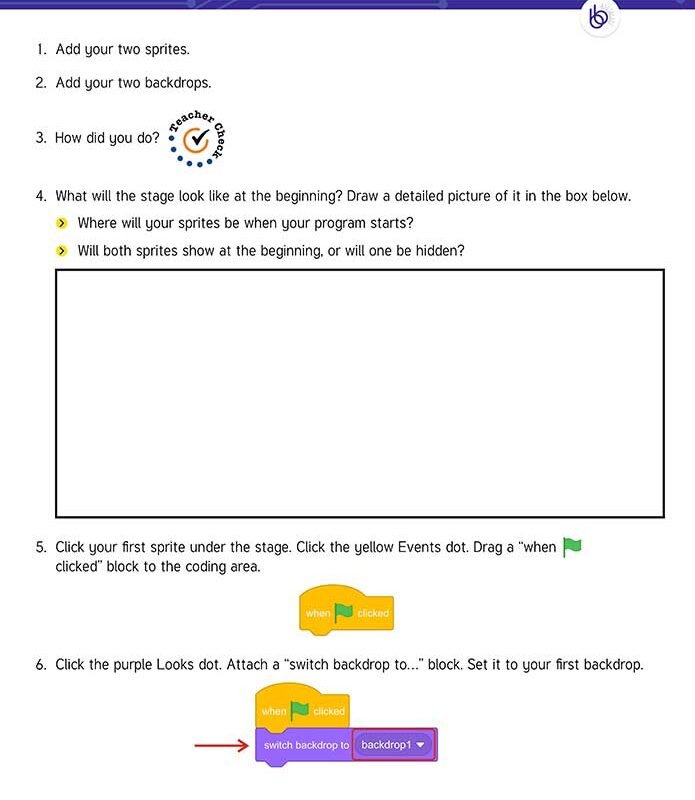
Ready to embark on your first coding tutorial? Starting your coding journey can be daunting, but with the right preparation, you can significantly enhance your learning experience. This thorough guide offers five essential steps to take before beginning your first coding tutorial, setting you up for achievement from the outset. Whether you’re a complete novice or have dabbled in programming before, this guide is designed to help you achieve your coding objectives. We’ll determine common pitfalls and equip you with actionable strategies to overcome them. This article will detail: choosing the right learning path, gathering necessary tools, creating an optimal learning environment, and laying a strong foundation with the basics. Let’s get started!
Understanding Your objectives and Choosing the Right Resources
Defining Your Coding Objectives
Before you dive into any coding tutorial, it’s essential to clearly define your objectives. Are you aiming to build beginners">web-development">websites? Design mobile apps? Develop games? Knowing your desired outcome will help you select the right resources and focus your efforts. Do you want to become a professional programmer or just learn the basics for personal enjoyment or to build something specific? Your specific objectives will dictate which coding languages and tools you should prioritize. Don’t get overwhelmed by the myriad of options available—start with something simple and progressively build your skills.
selecting Suitable Learning Resources
Finding the right resources is crucial. This might include online courses, books, video tutorials, coding communities, or even mentors. Consider factors like the instructor’s experience, course structure, and community support. Look for reviews and testimonials from other learners to get insights into the quality and efficacy of each resource. A vibrant community can offer crucial support and guidance, offering a valuable network for help and collaboration. This step is pivotal in ensuring you gain a proper understanding of the programming language and ideas needed for your learning journey.
Gathering Necessary Tools and Software
Essential Software and Tools
To effectively follow coding tutorials, you need the right tools and software. This includes a code editor (like VS Code, Sublime Text, or Atom), a compiler or interpreter for your chosen programming language (like Python, Java, or JavaScript), and potentially a version control system (like Git). study what tools are recommended by the tutorial’s creator. Having the right tools is essential for coding beginners and can drastically improve productivity and save time when building projects. Choosing and learning how to utilize these software and tools will be a necessary and helpful skill to develop.
Setting Up Your Coding Environment
Once you’ve selected your tools, set up your coding environment. Ensure that your software and tools are compatible and correctly configured. This step might include installing packages, configuring interpreters, and customizing your editor settings. A well-structured environment enhances your coding experience, making it more productive and focused.
Laying a Solid Foundation with the Basics
Mastering Core ideas
Before diving into advanced coding tutorials, it’s crucial to build a strong foundation in basic coding ideas and syntax. These include data types, variables, operators, control flow statements (loops and conditional statements), and functions. Understanding these fundamental ideas is essential for building more complex programs. Many beginners skip this step, which is a mistake.
Practice Regularly
Practice is key to solidifying your foundation. Practice coding regularly by completing exercises, examples, and small coding projects. Don’t be afraid to experiment and make mistakes—these are invaluable learning opportunities. Consistent effort and a positive attitude will lead you to achievement in your coding journey.
Establishing a Supportive Environment and Creating Habits
Building a Learning Community
Surrounding yourself with other learners or experienced programmers can significantly enhance your learning journey. Join online communities, forums, or meetups dedicated to the specific programming language or area of interest. Learning from others, receiving constructive criticism, and sharing your knowledge can accelerate your progress. Connecting with people in the same boat will create a powerful support system.
Consistency and Self-Discipline
Consistency is essential in mastering programming and any skillset. Dedicate time every day or week to practice coding. Create a schedule that suits your needs and stick to it. Develop self-discipline in following coding tutorials and maintain motivation throughout your learning journey.
Additional Tips for achievement
Focus on Small, Incremental Steps
Break down complex tasks into smaller, more manageable steps. This will help you avoid feeling overwhelmed and foster a sense of accomplishment as you tackle each step. achievement in programming comes from consistently breaking down large problems into smaller pieces and attacking each step. By using this method, you’ll effectively understand the code being written step by step.
Embrace Mistakes as Learning Opportunities
Don’t be afraid to make mistakes. Mistakes are inevitable on your coding journey and are invaluable learning experiences. They offer insights into areas where you need to improve and develop your skills. Analyze your mistakes constructively to determine the root cause, learn from it, and avoid repeating it in the future.
Seek Help When Needed
Don’t hesitate to ask querys and seek help from experienced programmers, tutors, or online communities. Ask for guidance or clarification when you encounter difficulties. Many times, learning from others will create a broader perspective and enhance understanding.
In conclusion, embarking on your first coding journey requires careful preparation. By following these five essential steps—understanding your objectives, choosing the right resources, gathering necessary tools, laying a solid foundation, and establishing a supportive environment—you’ll significantly boost your chances of achievement. Remember, consistent effort and a positive attitude are key ingredients to achieving your coding aspirations. Now, go forth and code! Start your coding adventure today! You’ve got this!
